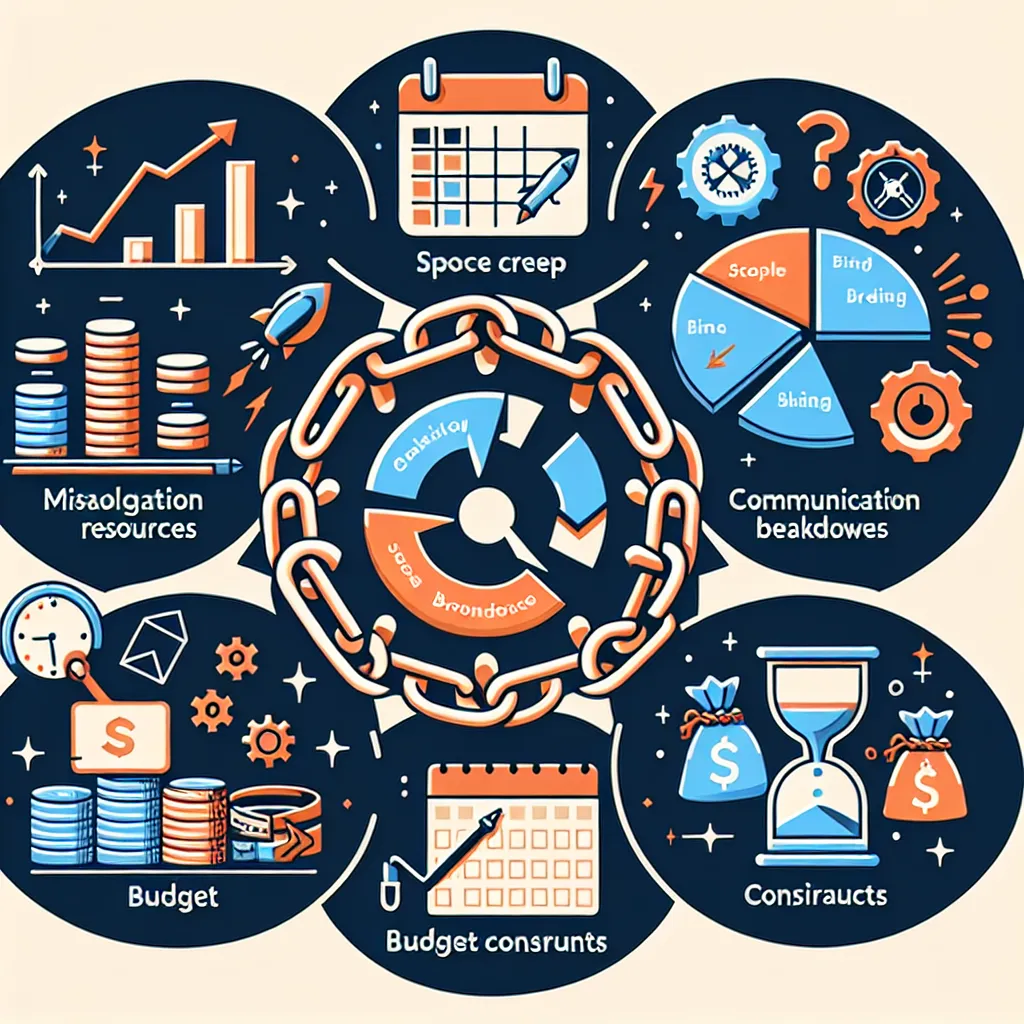Are you gearing up for an accounting interview? Whether you’re a fresh graduate or an experienced professional, proper preparation is key to acing your interview and landing that dream job. In this comprehensive guide, we’ll walk you through essential steps to prepare for an accounting interview, common questions you might face, and strategies to showcase your skills effectively.
Understanding the Importance of Interview Preparation
Preparing for an accounting interview is crucial for several reasons. First, it helps you build confidence, which is essential for making a great first impression. Second, thorough preparation allows you to articulate your skills and experiences more effectively, demonstrating your value to potential employers. Lastly, it shows your commitment and enthusiasm for the role, qualities that hiring managers highly appreciate.
 Accountant preparing for interview
Accountant preparing for interview
Key Areas to Focus On
1. Technical Accounting Knowledge
Brush up on your accounting principles, financial statements, and relevant accounting standards (GAAP or IFRS). Be prepared to discuss:
- The accounting equation and its components
- Different types of financial statements and their purposes
- Accounting methods (cash vs. accrual)
- Basic and advanced accounting concepts
2. Industry-Specific Knowledge
Research the company and the industry it operates in. Understand:
- Current trends and challenges in the accounting field
- Recent developments in accounting technology
- Regulatory changes affecting the industry
3. Soft Skills
Accounting isn’t just about numbers. Employers also value soft skills such as:
- Communication skills
- Problem-solving abilities
- Attention to detail
- Time management
- Teamwork and collaboration
Be prepared to provide examples of how you’ve demonstrated these skills in your previous roles or academic projects.
Common Accounting Interview Questions and Sample Answers
Here are some frequently asked questions in accounting interviews, along with guidance on how to answer them effectively:
1. Can you explain the three main financial statements and how they are interconnected?
Sample Answer: “The three main financial statements are the Balance Sheet, Income Statement, and Cash Flow Statement. The Balance Sheet provides a snapshot of a company’s financial position at a specific point in time, showing assets, liabilities, and equity. The Income Statement reports on a company’s financial performance over a period, detailing revenues, expenses, and profit or loss. The Cash Flow Statement tracks the inflow and outflow of cash during a specific period.
These statements are interconnected as follows: Net income from the Income Statement affects the retained earnings on the Balance Sheet and is a starting point for the Cash Flow Statement. Changes in assets and liabilities on the Balance Sheet are reflected in the Cash Flow Statement. Together, these statements provide a comprehensive view of a company’s financial health and performance.”
2. How do you stay updated with accounting standards and regulations?
Sample Answer: “I stay current with accounting standards and regulations through several methods. First, I’m a member of [relevant professional accounting body], which provides regular updates and continuing education opportunities. I also subscribe to industry publications and newsletters, such as [mention specific ones]. Additionally, I attend webinars and workshops on new accounting pronouncements and their implications. Lastly, I regularly discuss changes and their practical applications with colleagues, which helps reinforce my understanding and consider different perspectives.”
3. Can you describe a time when you identified and corrected an accounting error?
Sample Answer: “In my previous role, while reconciling accounts for the quarterly close, I noticed a discrepancy in the accounts receivable balance. Upon investigation, I discovered that a significant customer payment had been incorrectly coded to another account. I immediately documented the error, consulted with my supervisor, and proposed a correcting entry. We then implemented additional review procedures to prevent similar errors in the future. This experience reinforced the importance of attention to detail and the value of robust reconciliation processes.”
4. How do you handle tight deadlines and pressure in accounting tasks?
Sample Answer: “Managing tight deadlines is a common challenge in accounting, especially during month-end or year-end closes. I approach this by first prioritizing tasks based on urgency and importance. I create a detailed schedule, breaking down large tasks into smaller, manageable steps. I also communicate proactively with team members and stakeholders to manage expectations and identify potential bottlenecks early. When working under pressure, I find it helpful to take short breaks to maintain focus and accuracy. If I anticipate missing a deadline, I communicate this as early as possible, proposing alternative solutions or requesting additional resources if needed.”
5. How would you explain complex accounting concepts to non-financial stakeholders?
Sample Answer: “When explaining complex accounting concepts to non-financial stakeholders, I focus on simplifying the language and using relatable analogies. For example, when explaining the concept of depreciation, I might compare it to how a car loses value over time. I also use visual aids like charts or simplified financial statements to illustrate key points. I always encourage questions and check for understanding throughout the explanation. The goal is to ensure that the stakeholders grasp the essential concepts and their implications for decision-making, without getting bogged down in technical jargon.”
Handling Questions Outside Your Expertise
It’s normal to encounter questions that you’re not fully prepared to answer. Here are some tips for handling such situations:
-
Be honest: If you’re not familiar with a concept, admit it. You can say something like, “I’m not entirely familiar with that concept, but I’m eager to learn more about it.”
-
Demonstrate your learning ability: Show how you would go about finding the answer. For example, “While I’m not familiar with that specific regulation, I would consult the relevant accounting standards and seek guidance from more experienced colleagues to ensure compliance.”
-
Relate to similar experiences: If possible, draw parallels to situations or concepts you are familiar with.
-
Ask for clarification: Sometimes, rephrasing the question can help you understand it better and possibly relate it to your knowledge.
-
Follow up: If appropriate, offer to research the topic and provide a more detailed answer after the interview.
Common Mistakes to Avoid in Accounting Interviews
-
Lack of preparation: Not researching the company or reviewing basic accounting concepts.
-
Overconfidence: Coming across as arrogant rather than confident.
-
Focusing solely on technical skills: Neglecting to highlight soft skills that are crucial in accounting roles.
-
Providing vague answers: Failing to give specific examples to support your claims.
-
Not asking questions: Showing a lack of interest in the role or company.
-
Negativity about past employers: Speaking poorly of previous jobs or supervisors.
-
Dishonesty: Exaggerating skills or experiences.
-
Poor body language: Failing to maintain eye contact, fidgeting, or appearing disinterested.
To avoid these mistakes:
- Thoroughly research the company and role.
- Practice your responses to common questions.
- Prepare specific examples that showcase your skills and experiences.
- Develop thoughtful questions about the role and company.
- Maintain a positive attitude throughout the interview.
- Be honest about your capabilities while emphasizing your willingness to learn.
- Pay attention to your body language and maintain a professional demeanor.
 Common mistakes in accounting interviews
Common mistakes in accounting interviews
Additional Interview Questions and Answer Tips
-
How do you ensure accuracy in your work?
Tip: Discuss your attention to detail, use of checklists, and double-checking procedures. -
What accounting software are you proficient in?
Tip: Mention specific software and your level of proficiency. Express willingness to learn new systems. -
How do you handle disagreements with colleagues or superiors?
Tip: Emphasize your communication skills, ability to see different perspectives, and focus on finding solutions. -
Can you explain the difference between LIFO and FIFO inventory methods?
Tip: Clearly define both methods and discuss their impact on financial statements. -
How do you stay motivated during repetitive tasks?
Tip: Discuss your organizational skills, ability to find efficiencies, and understanding of the bigger picture. -
What do you consider the biggest challenge facing the accounting profession today?
Tip: Show your industry awareness by mentioning issues like technological changes, regulatory updates, or data security. -
How would you detect and prevent fraudulent activities?
Tip: Discuss internal controls, segregation of duties, and the importance of ethical standards. -
What steps do you take to maintain client confidentiality?
Tip: Highlight your understanding of ethical standards and specific measures you take to protect sensitive information. -
How do you prioritize tasks when working on multiple projects?
Tip: Explain your time management skills, use of tools or systems, and ability to communicate with stakeholders. -
Where do you see yourself in five years?
Tip: Align your career goals with potential growth opportunities within the company.
Conclusion
Preparing for an accounting interview requires a combination of technical knowledge, soft skills, and the ability to articulate your experiences effectively. By focusing on these key areas, practicing common questions, and avoiding typical pitfalls, you’ll be well-equipped to make a strong impression and increase your chances of landing the job.
Remember, the interview is not just about showcasing your skills but also about demonstrating your enthusiasm for the role and your potential fit within the company culture. Stay positive, be yourself, and let your passion for accounting shine through.
We encourage you to share your own experiences or ask questions in the comments section below. Good luck with your upcoming interview!




